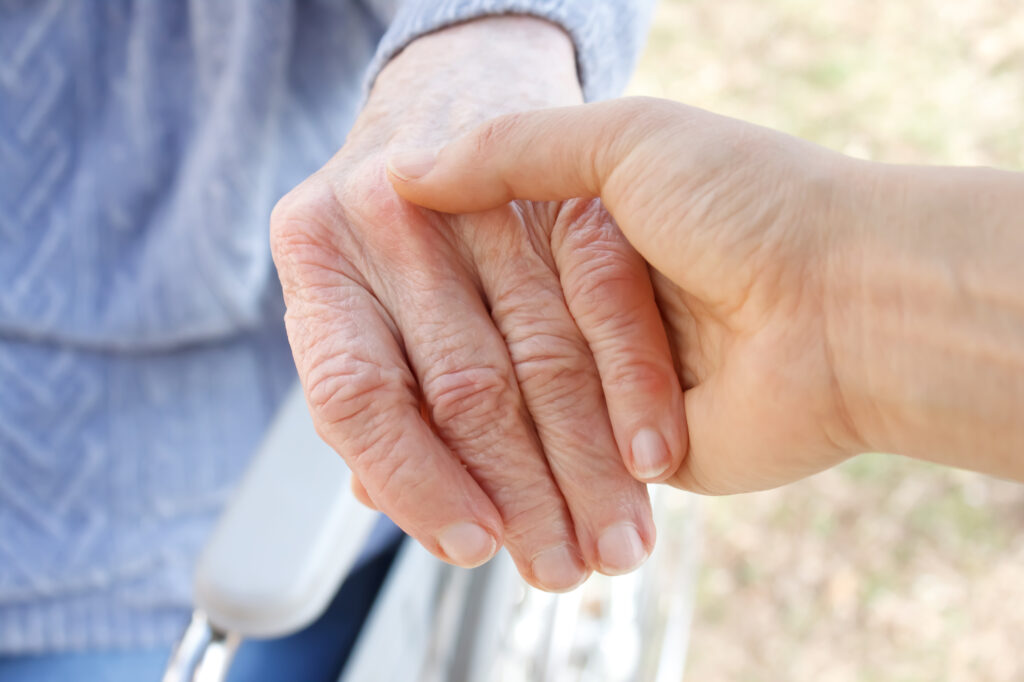The 16 municipalities in the Algarve today signed a protocol with the Directorate-General for Health (DGS) to implement a set of good practices that are more friendly to the elderly, which will later be extended to the entire country.
“The Algarve will be a guide of good practices in favor of environments and cities with measures that provide older people with well-being and health, among other things”, said the Secretary of State for Health Promotion, Margarida Tavares, on the sidelines of a meeting on the National Program for Age-Friendly Cities and Communities.
At the meeting, held in Loulé, proposals were presented for implementing the World Health Organization (WHO) Elder-Friendly Cities and Communities project, with measures that will be tested in the Algarve, and are expected to be expanded to a wider level in 2025. national.
At the meeting, there was also a discussion on health policies and initiatives implemented in the different Member States of the WHO European region that aim to promote the health, well-being and quality of life of older people, in a scenario of increasing longevity.
During the debate, some examples of good practices were given to support the daily lives of older people in sectors such as transport, health, cultural activities, security and social protection.
“We have already developed many of the good practices mentioned, but not all municipalities have the possibility of moving forward at the same speed”, said Osvaldo Gonçalves, mayor of Alcoutim, the oldest municipality in the Algarve.
For the vice-president of the Algarve Intermunicipal Community (AMAL), with the association of municipalities as the coordinating entity, “a better job can be done at regional level to achieve the objectives”.
According to DGS technicians, the objective is, by the end of 2024, to “involve more and more municipalities in this movement”, so that by 2025 we can “move towards a national program”.
“The aim is for there to be standardization and coordination that will expand and be tested here”, in the Algarve, explained Margarida Tavares.
This entire discussion is based on a good practice guide prepared by the WHO in which elderly people were asked, in discussion groups, to describe the advantages and obstacles they encounter in eight areas of life in the city.
In most cities, reports from older people were complemented through contributions from discussion groups made up of carers and service providers from the public, voluntary and private sectors.
In practical terms, it is concluded that an elderly-friendly city adapts its structures and services so that they include and are accessible to older people, with different needs and abilities.
The network of cities that try to follow this best practice guide includes 1445 cities around the world, among which 14 are Portuguese, namely Castro Marim, in the Algarve.



















Comments